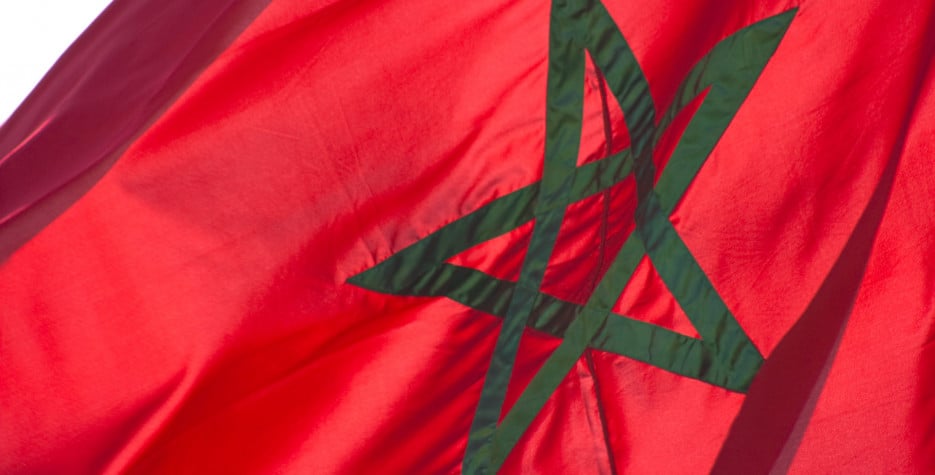When is Moroccan Proclamation of Independence Day?
Proclamation of Independence Day, also known as Takdim watikat al-istiqlal, is a national holiday celebrated on 11th January.
It commemorates Morocco's first proclamation of independence on 11 January 1944.
History of Moroccan Proclamation of Independence Day
Since the mid-seventeenth century, Morocco has been ruled by the Alaouite dynasty. In the late nineteenth century, the influence of European powers such as France, Germany and Spain grew larger.
In 1859, Morocco hade gone to war with Spain, and in theory, had guaranteed its independence through the 1880 Conference of Madrid. Despite this, the French gained an increasing influence in Morocco. Following attempts to seize power in the region by other European powers, on 3 December 1912, Morocco was made to accept a treaty that made it part of a French Protectorate, with part of Northern Morocco coming under Spanish control.
Even from the start of the protectorate, a national struggle against the French occupation had begun. In 1930, the French issued a decree called the 'Berber dahir' which sought to adapt the local laws of the Berber tribes. This was seen by the nationalists as an attempt to take Berber lands and a threat to Arab laws. This incident was seen as the catalyst for the emergence of a political nationalist awareness in Morocco.
On 11 January 1944, the Istiqlal (Independence) Party presented a manifesto demanding full independence, national reunification, and a democratic constitution for Morocco. The manifesto had been reviewed and approved by the Sultan before its submission to the French resident general, who then dismissed its recommendations.
While Morocco did not achieve full independence until 1957, the proclamation of Independence in the manifesto is seen as a key date in Morocco's struggle for independence.


